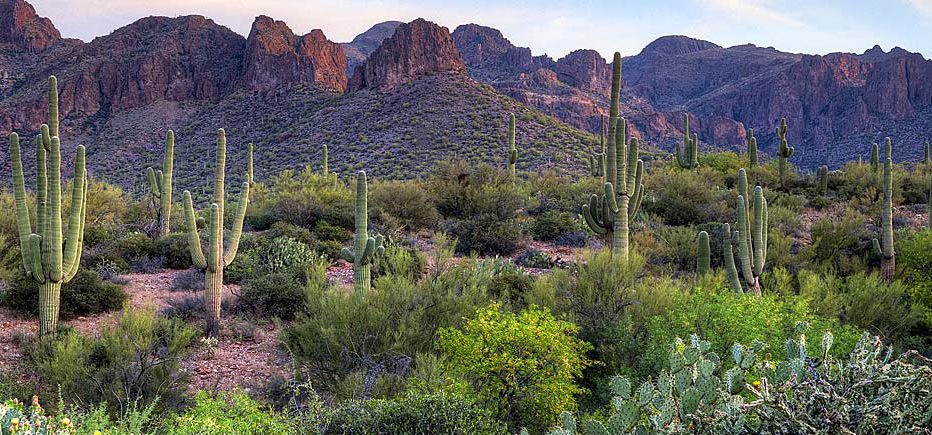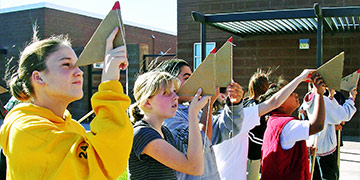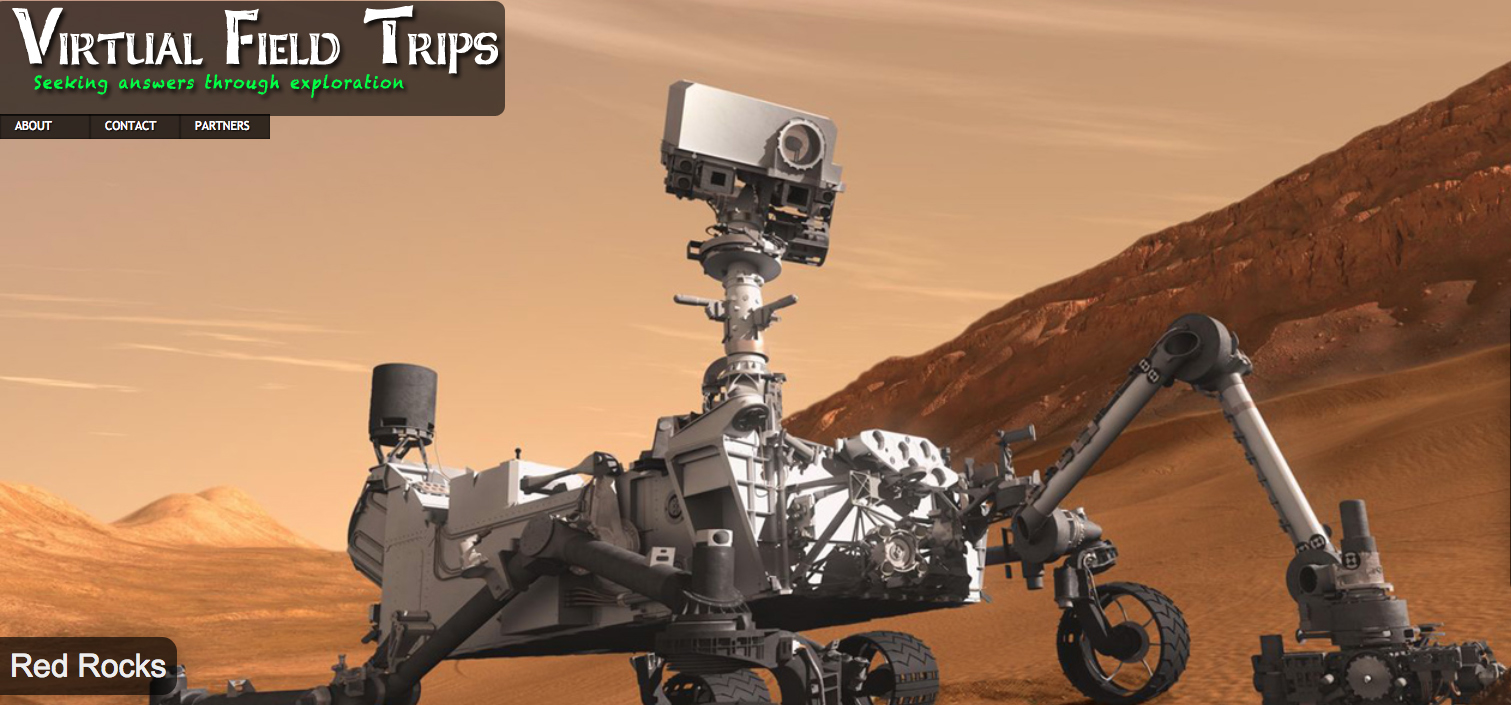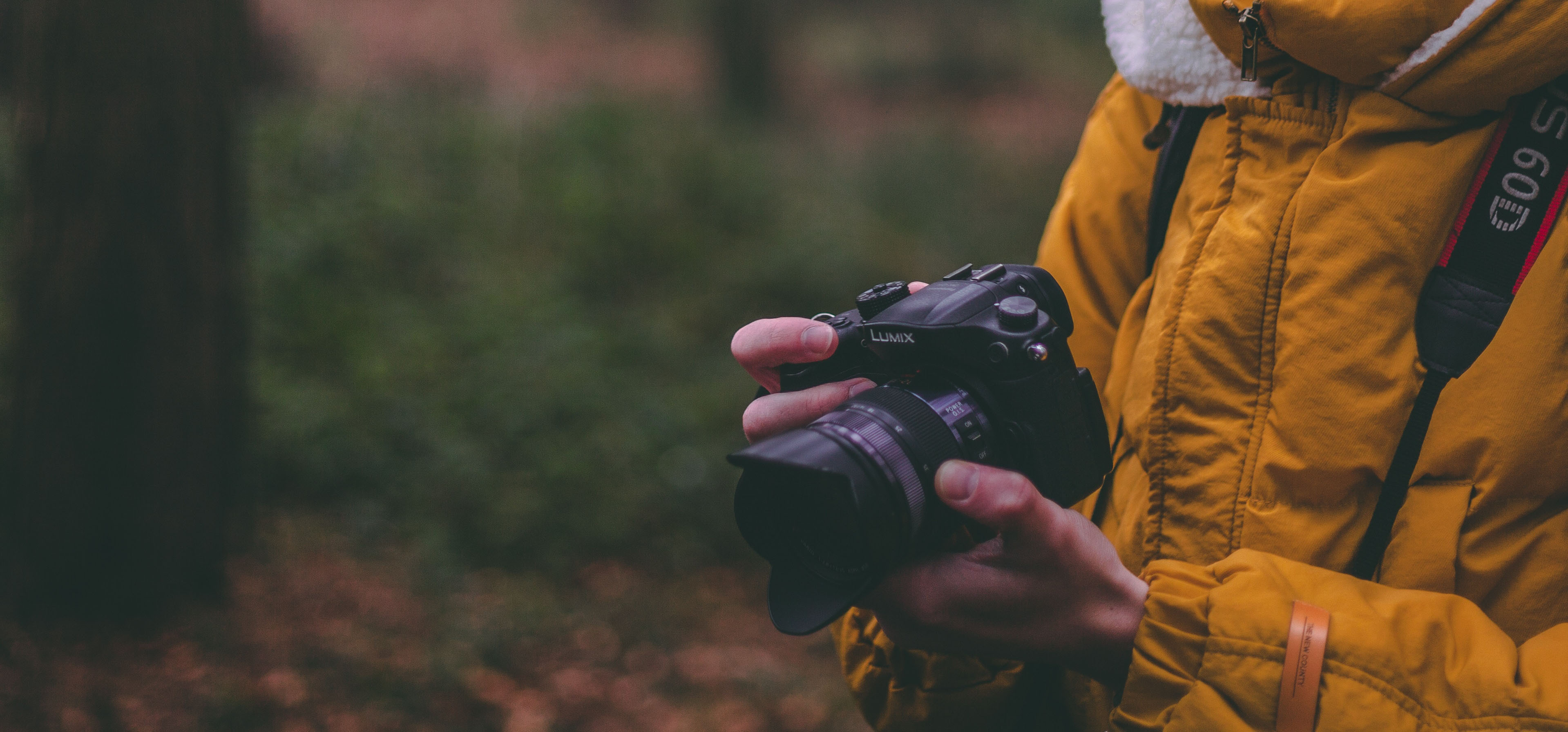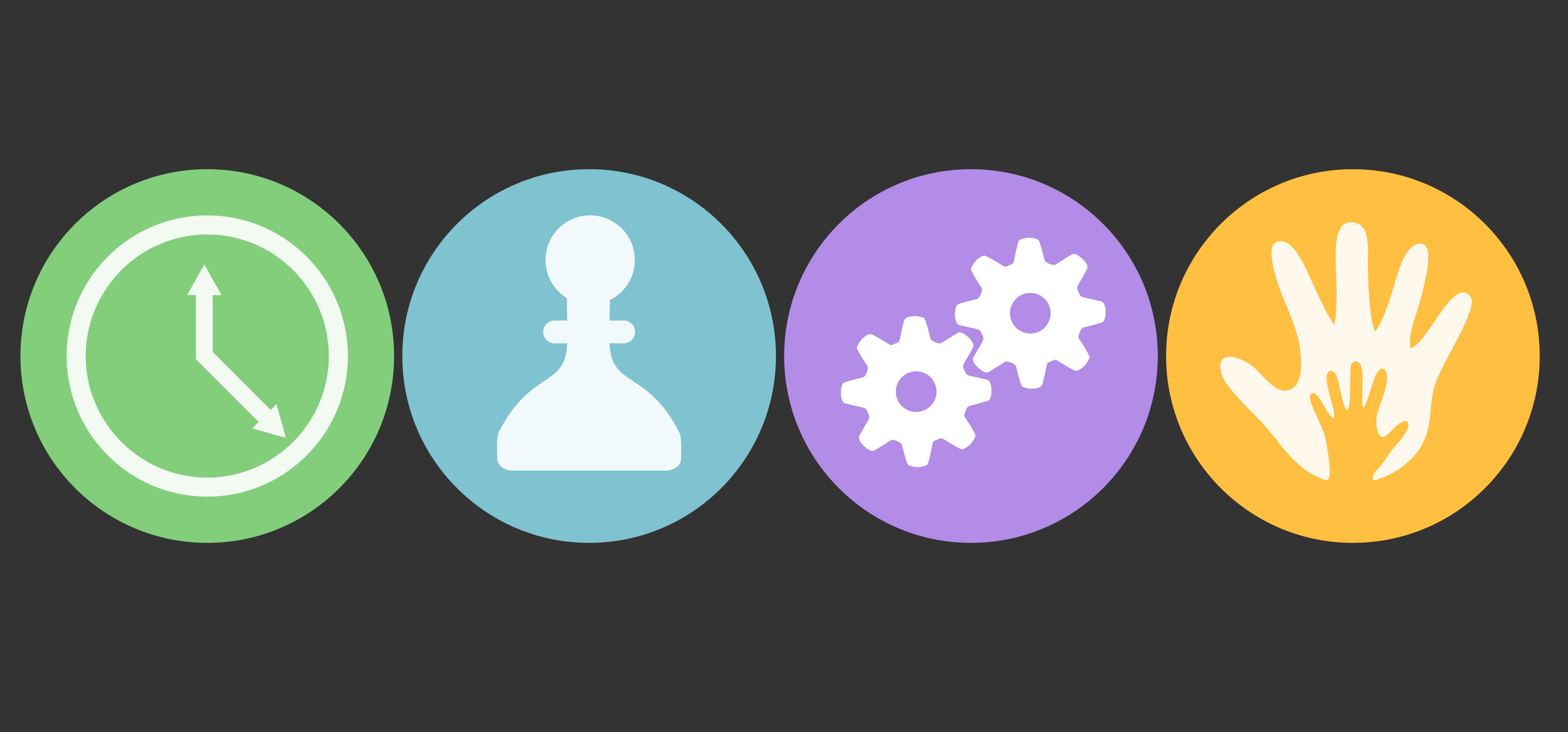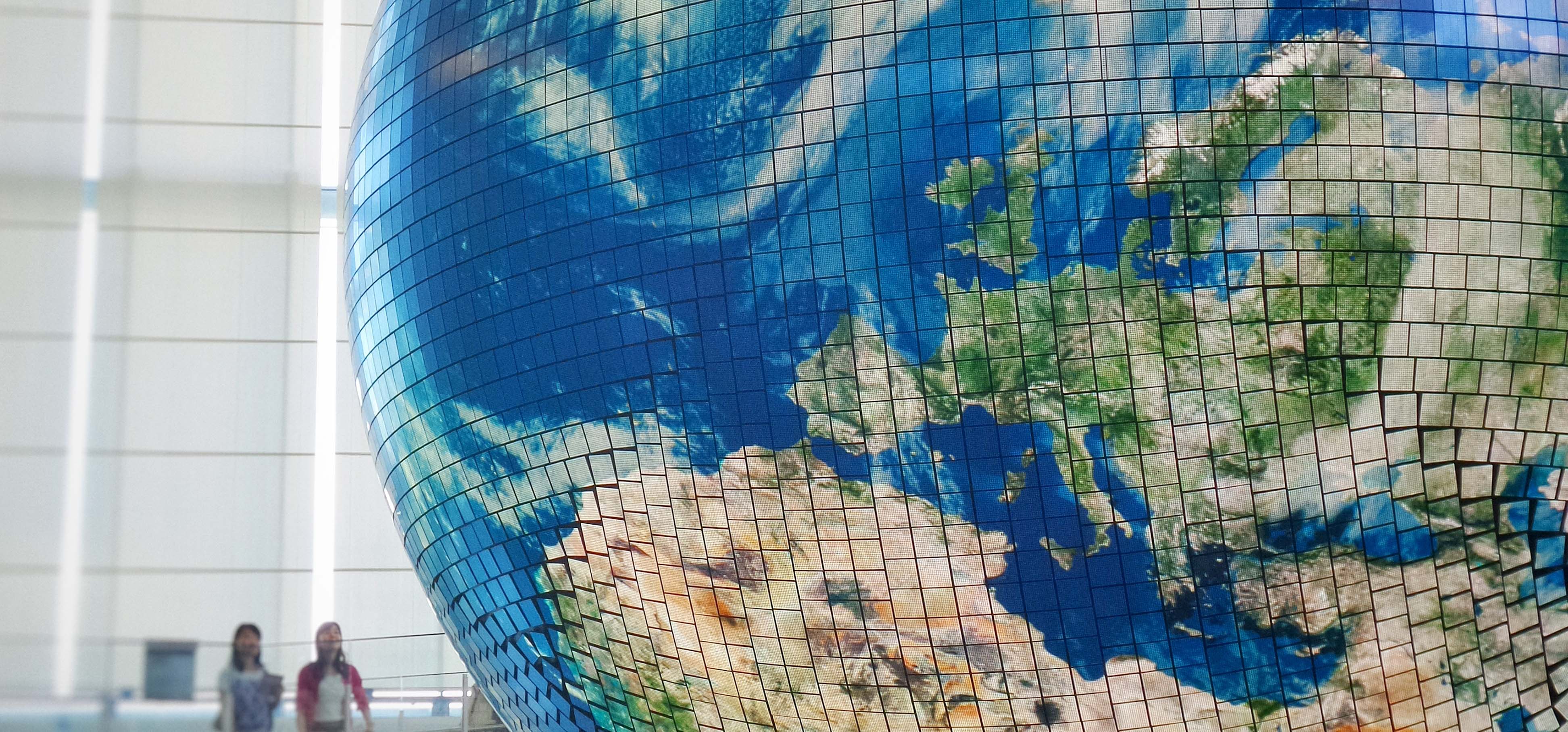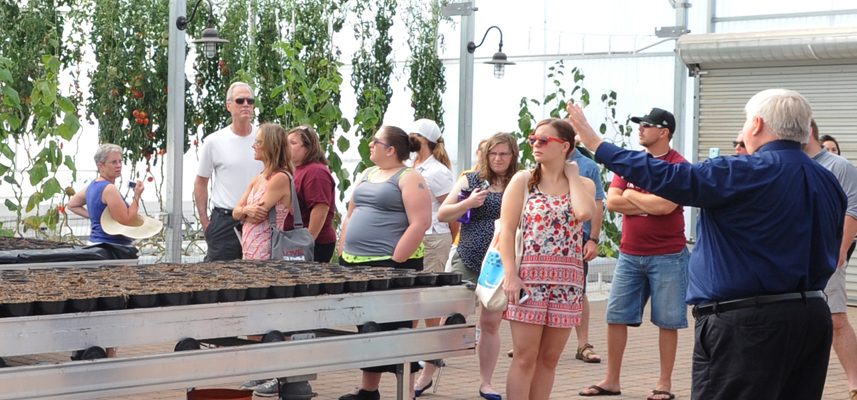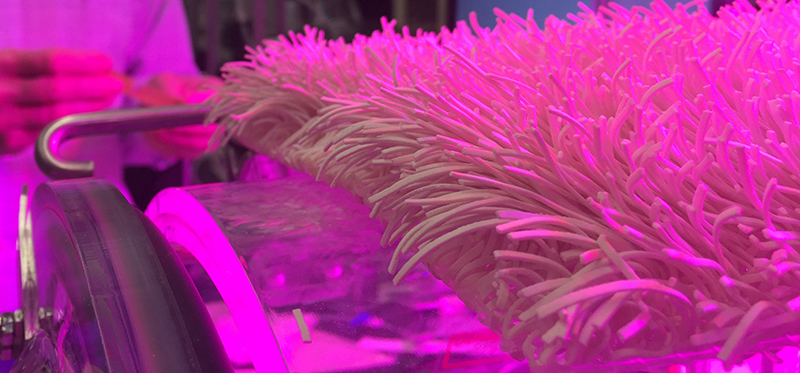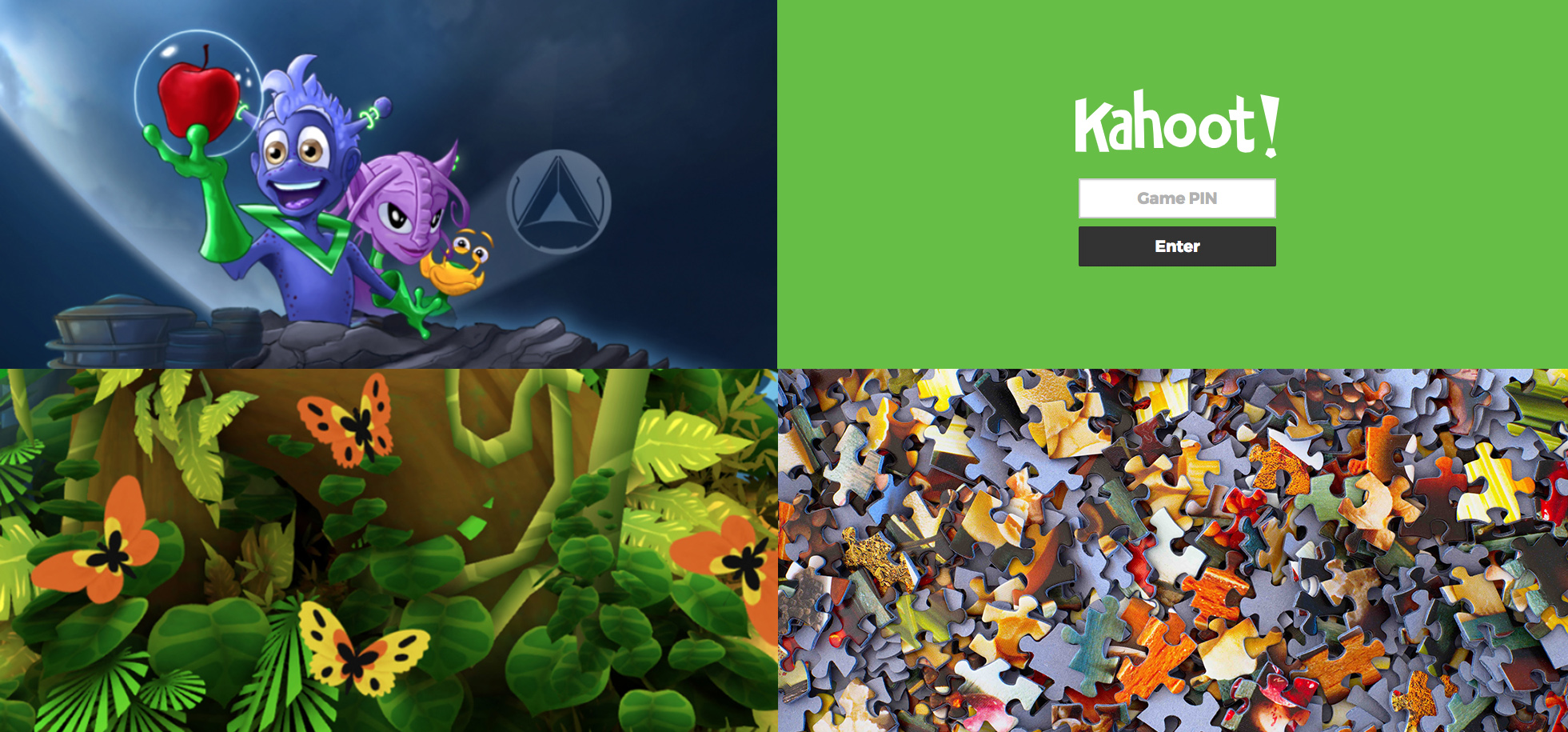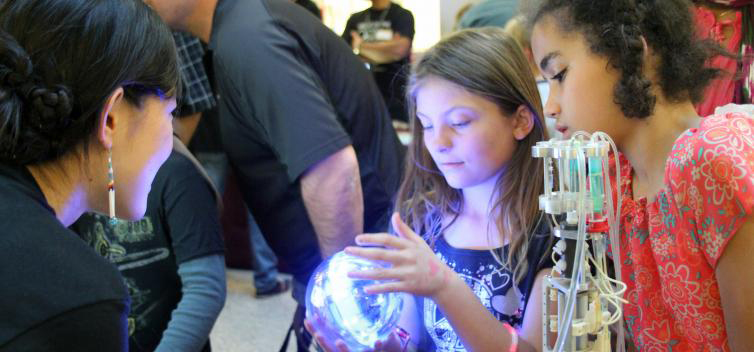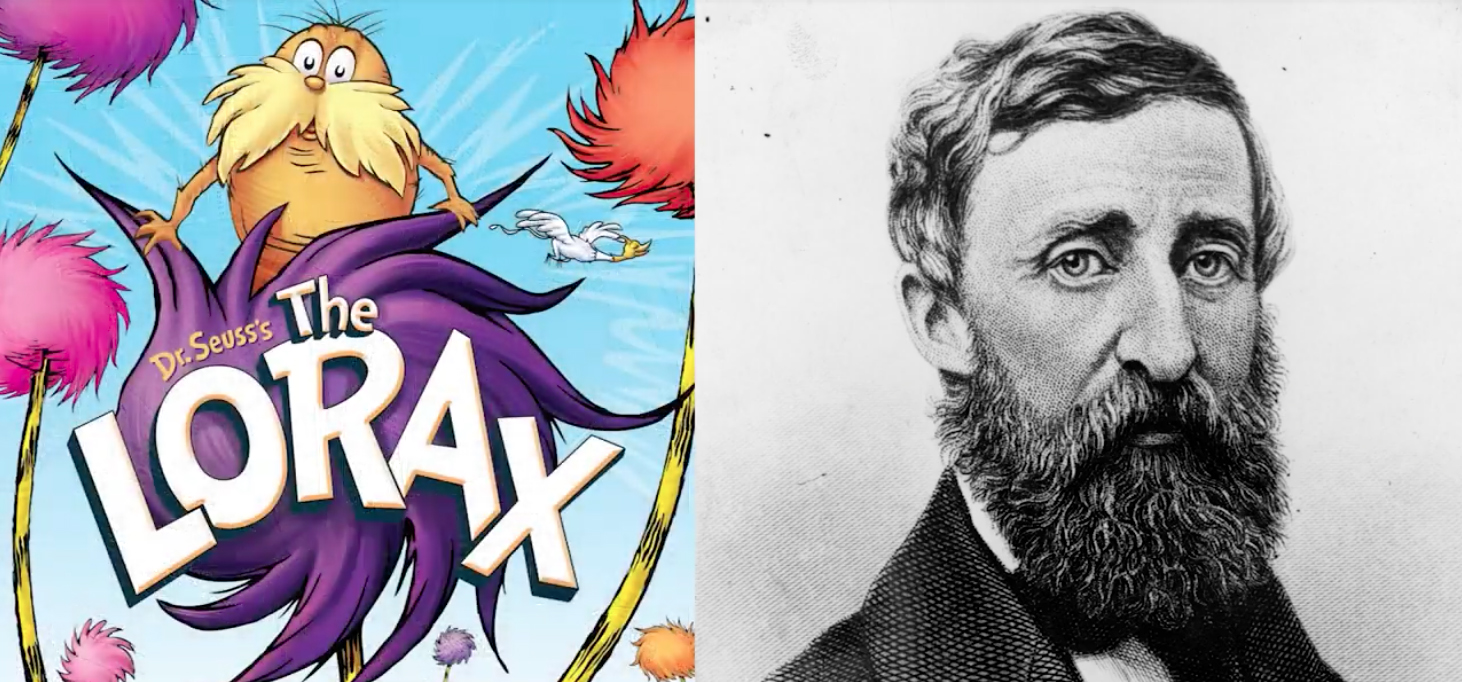
K-12 Sustainability Education
Every day, people around the world take simple actions to create a sustainable tomorrow. Together, we will work to eradicate poverty and hunger, ensure the protection of the planet and its natural resources, and support peaceful and inclusive societies based on universal human rights. To assure such intergenerational well-being requires us to inspire our youth to make a positive impact in solving sustainability problems around the world.
Arizona State University offers this collaborative hub to curate resources designed to spark the interest and ingenuity in their students to develop social, economic, and environmental sustainability solutions. Imagine what we can accomplish together.
Ecology Explorers
Ecology Explorers links K-12 teachers and students with exciting scientific research opportunities in their schoolyards, backyards, and neighborhoods
Ecology Explorers is a community of scientists comprised of university researchers, K-12 students, and their teachers. Through this award-winning outreach program, 2,000 students in 75 schools across the Phoenix metro area conduct scientific research in their own backyards. Students learn about scientific inquiry and the environment while collecting data that contributes to understanding the workings of an urban ecosystem.
Sustainability Science for Sustainable Schools
Sustainability Science for Sustainable Schools offers lesson plans, websites, and videos for teachers to bring water, energy, food, wellbeing, and ecosystems to life.
The Sustainable Schools program teams graduate and faculty researchers with high school teachers, their students, and school district administrators to help schools become more sustainable. Partnering school districts identify the aspects of sustainability they wish to improve — campus sustainability, community, or curriculum — while graduate researchers, under the supervision of ASU faculty scientists, help teachers and students use scientific methods to assess their sustainability in those areas.
Virtual Field Trips
Virtual Field Trips take students on expeditions to places too distant, fragile, or sacred to visit and allows them to choose their own path of exploration
VFT’s are topic based interactive and educationally rich experiences captured during real expeditions with scientists doing current research. Some are built with adaptive feedback and adaptive pathways. (Look for the designated icons). This adaptivity allows for non-linear experiences with varying pathways, as well as individual feedback, that is tailored to the users input and responses. These VFTs are being used in high school and college classrooms to supplement a wide variety of topics and are actively in development with new VFTs continually coming online.
Sustainability Storytelling
Sustainability Storytelling is a collection of short films by ASU students creating a new consciousness with our youth
Sustainability Storytelling is a short form documentary production course, taught by Peter Byck. Students from ASU’s schools of sustainability and journalism form small teams to produce these short docs – they teach each other their skill sets – journalism students get to learn about sustainability, and the sustainability students get to learn about journalism, including filming and editing.
The Four Ways of Thinking
To integrate Sustainability Science throughout the curriculum, consider the four ways of thinking about sustainability issues.
The Sustainability Education Framework for Teachers (SEFT) intends to build a capacity for educators to be able to understand: (i) the broad, complex nature of sustainability, (ii) the problem-oriented, solution driven nature of sustainability, and (iii) how sustainability connects to them as both citizens and classroom teachers. SEFT embraces four ways of thinking––futures, values, systems, and strategic which are conceptualized as being bi-directional and interconnected.
Science Museums
Science Museums are the perfect venue to engage the world’s citizens to learn about and address solutions to global challenges we face
The Rob and Melani Walton Sustainability in Science and Technology Museums program offers two types of sustainability trainings. The first offering is a 6 month long, project-driven fellowship program which begins with a weeklong, intensive seminar. The second offering is a 3-day regional sustainability workshop. Though the fellowship is an opportunity for deeper engagement and professional development, the objective of both programs is to educate participants about sustainability, offer networking opportunities for like-minded professionals, and aid in the development of a project framework that participants can implement at their home institutions.
Sustainability Teacher’s Academies
Sustainability Teacher’s Academies offer professional development to teachers passionate about sustainability.
The Sustainability Teacher’s Academy, students learn how sustainability scientists work collaboratively to develop solutions to the complex problems created by growing cities, and how this project- and solutions-based approach to sustainability can be incorporated into a middle school classroom. Learning how to make cities more livable, while focusing on positive, interactive projects and concepts will empower you and your students to be innovative agents of change. The sustainability scientists at ASU will teach how to ground transformative learning processes through the use of curriculum that links knowledge with practice.
Elemental Covering Sustainability
It’s Elemental: We cover urbanization, climate change, water and renewable energy. Our mission is to create original content about the world we live in and what the future might hold.
Our partners include KPCC (Southern California Public Radio) and PBS SoCal in Los Angeles, Rocky Mountain PBS in Denver, and Cronkite News/Arizona PBS and KJZZ in Phoenix. Elemental: Covering Sustainability is a multimedia collaboration between public radio and public television stations in Colorado, Arizona and California that brings you current sustainability stories in the news from PBS
Sustainability Games
Fun, games, and learning immersing students in thought-provoking sustainability dilemmas and puzzles
Enjoy nine Kahoot! sustainability trivia games created by ASU students
ASU STEM programs
ASU’s STEM programs inspire early interests, from summer programs to K-12 activities.
Every year more and more students choose Science, Technology, Engineering and Math disciplines at Arizona State University and graduate to pursue STEM-based career fields. ASU’s STEM programs are part of more than 500 community engagement programs across the Valley designed to tap into and inspire early STEM interests, from 84 summer programs to world-class museums, internships, events and K-12 activities.
Sustainability Science Education
Teachers share a responsibility in addressing sustainability topics with the next generation of scientists, politicians, inventors, citizens, and leaders – those who will be faced with solving sustainability challenges as these problems become increasingly complex and urgent.
We believe that attaining a sustainable future can be achieved one classroom at a time by informed and dedicated teachers. Our mission is to empower Kindergarten – 8th grade teachers with an understanding of how to link sustainability and elementary curriculum in art, social studies, math, reading, history, and biology, and provide Kindergarten – 8th grade teachers with the ability to translate these concepts to their classrooms.


